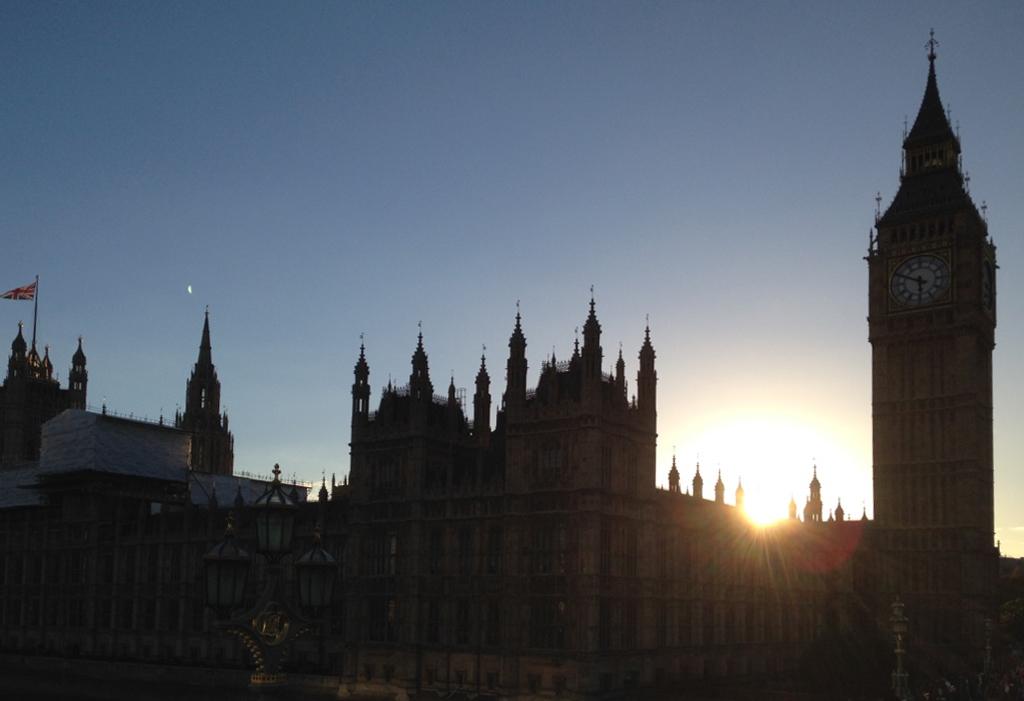Controversial Data Protection Bill pushed through UK House of Commons

In a move that would be surprising if its proponents weren’t so predictable, the UK Government brought the "Data Protection and Digital Information Bill” back to life by having a second reading in the House of Commons on Wednesday, November 29th. The first version of the Bill, proposed by Nadine Dorries in July 2022, was withdrawn on 8 March 2023 after having had only one reading in the House of Commons — a withdrawal explained by one MP as being a consequence of how inappropriate the Bill's contents were.
Despite its significant shortcomings and harmful outcomes, the Government pushed the Bill through for a second reading in the House of Commons. Judging from the exchanges in the House, Members of Parliament understand that the Bill is filled with controversial proposals giving the Government broad powers, which together risk turning the UK into a surveillance state. New powers include allowing the Government to monitor State benefit recipients' bank accounts, and having access to significant voter data for electoral purposes. As a result, the Bill received hundreds of amendments... and yet is still being pushed through a quasi-empty House of Commons — a tactic seen on several occasions in the recent past.
The discussion was very interesting indeed, with many speakers showing a real understanding of the issues and expressing concerns about "Henry VIII" clauses - https://www.parliament.uk/site-information/glossary/henry-viii-clauses/
The original Bill is worth a read: https://bills.parliament.uk/bills/3322/publications
The Commons debate is worth watching - starting at 13:15:27 https://parliamentlive.tv/Event/Index/d085ef77-40fd-4d4d-824e-fcddf2b4335c
The Hansard (transcript) of the discussion was made available soon after the end of the session: https://hansard.parliament.uk/commons/2023-11-29/debates/46EF0AA6-C729-4751-A3DA-6A3683EB8B87/DataProtectionAndDigitalInformationBill
It is particularly disappointing to see the Government disregarding amendments from the opposition, and supporting only its own amendments, with very little time for MPs to follow a proper review and scrutiny process. At the end of the session, the vote for passing the Bill to its third reading was: 269 ayes vs. 31 noes.
Civil society organisations that focus on this topic have little time or opportunity to analyse the Bill and offer support to MPs who are looking to make democracy-supporting amendments to this Bill: Some MPs have already mentioned that the Government will again push this Bill through the Commons by force. Their stated intent is to resort to the House of Lords to work out and mitigate any excessive, unchecked, and undemocratic powers that this Bill would confer to the UK Government.
This is not due process.
The House of Commons is the lower house, and the House of Lords is the upper house of the Parliament of the United Kingdom. In practice, however, the House of Commons, by virtue of being constituted of elected representatives whilst the Lords is an unelected chamber, is now considered to be the supreme chamber of Parliament. With the ability to pass the Bill by force, the only hope for mitigating this drive towards an Orwellian State rests on hope that the House of Lords will put a stop to its most controversial components.
Equally alarming as the maneuvering to pass the Bill by force is the reality that so few MPs were present in the House of Commons to consider a Bill that tramples core human rights. Most MPs who were present — from both sides of the House — expressed serious concern about the Bill’s expansion of State Powers without scrutiny or any real debate in Parliament.
As one MP, Mr. Marcus Fysh (Yeovil - Conservative — the chair of the all-party parliamentary group on digital identity) put it, when it concerns AI, "I finish by urging the Government to think hard about this stuff. It might seem troublesome, and they might want to forge ahead and do innovative things and all the rest of it, but this is such a serious moment in our history as a species. The way that data is handled is now fundamental to basic human rights and, I would increasingly argue, to the human condition. If we put the wrong frameworks in place and allow the wrong data to be shareable in the wrong way, that could have huge consequences for us."
Olivier MJ Crépin-Leblond, PhD
Chair UK Chapter of the Internet Society